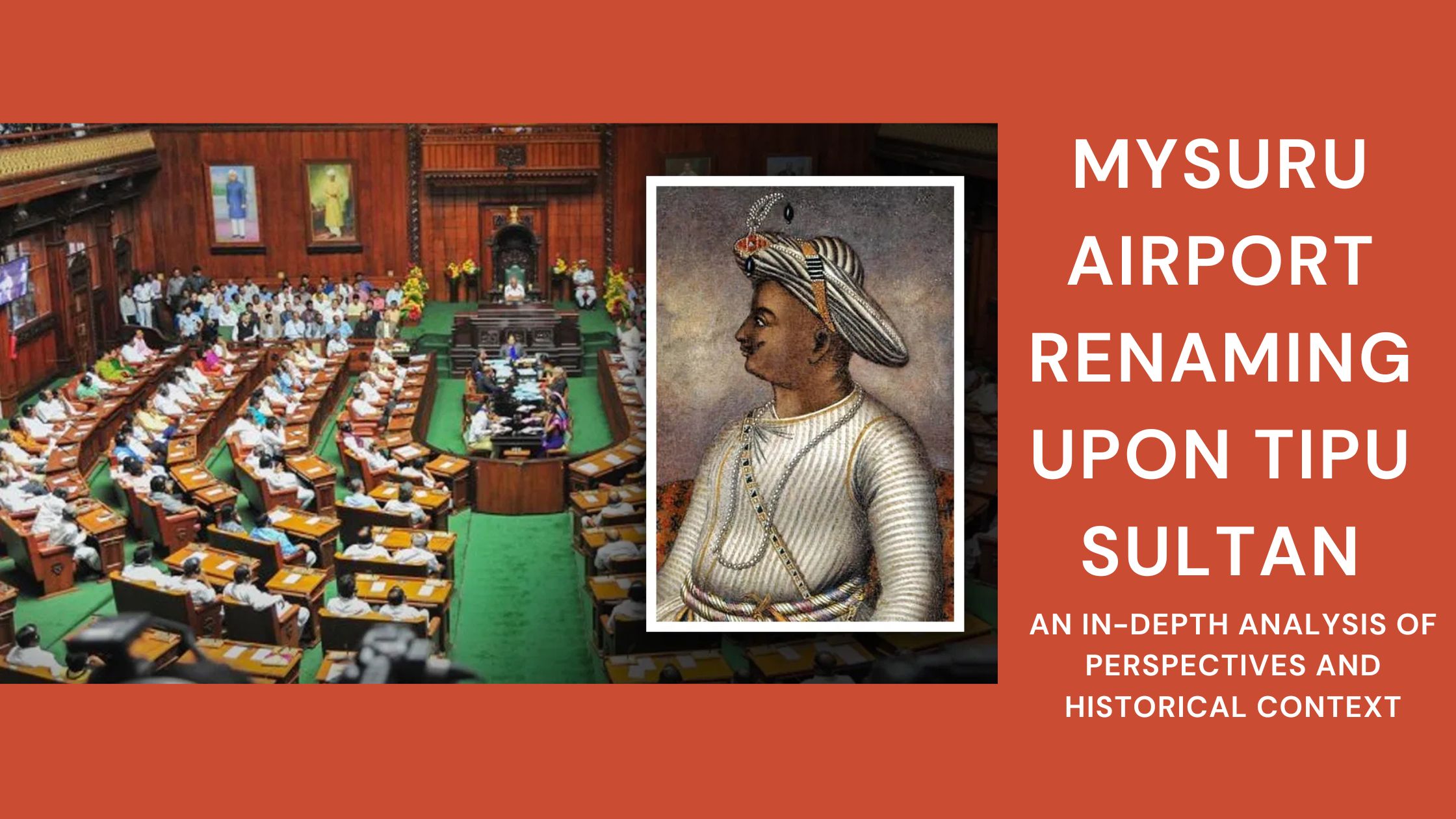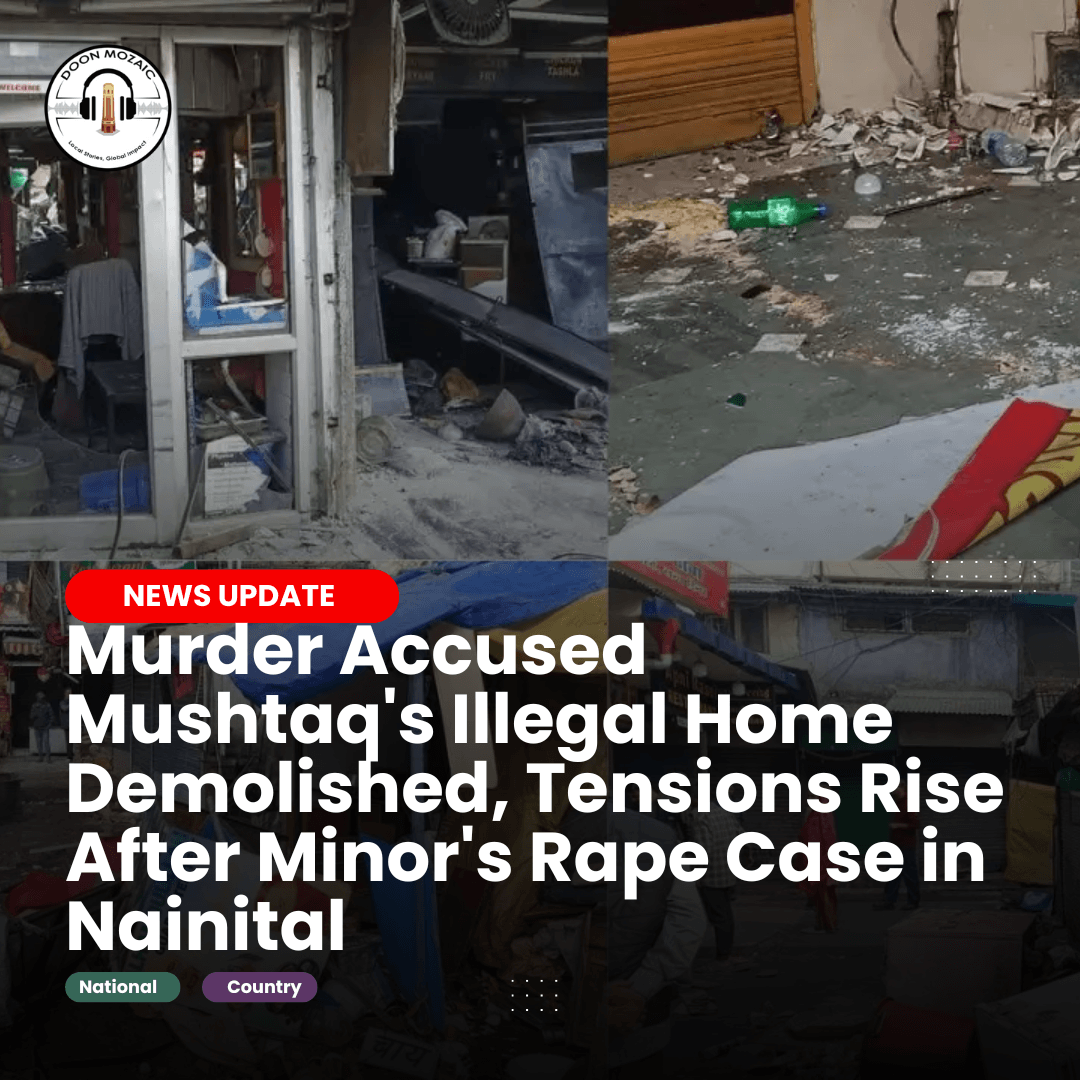An In-Depth Analysis of Perspectives and Historical Context
The Karnataka Assembly unanimously passed a resolution on Thursday, recommending the union government to rename four airports after significant historical figures. The proposed changes include naming the Hubballi Airport after Kranti Veera Sangolli Rayanna, the Belagavi Airport after Kittur Rani Chennamma, the Shivamogga Airport after Rashtrakavi Dr KV Puttappa (Kuvempu), and the Vijayapura Airport after Sri Jagadjyoti Basaveshwara.
Infrastructure Development Minister MB Patil announced that the newly proposed names for these airports would be submitted to the union government for approval.
Notably, the decision to rename airports comes on the heels of an event where Chief Minister Siddaramaiah emphasized the inspirational roles of Kittur Rani Channamma and Tipu Sultan in the fight for self-respect. During an event on October 13, Chief Minister Siddaramaiah commended Kittur Rani Channamma for her courageous stand against the formidable British army, highlighting her significance as a symbol of bravery and resilience.
The mention of Tipu Sultan in the Chief Minister’s speech resonates with the historical context surrounding Tipu Sultan in Karnataka. Tipu Sultan has been a divisive figure in the state, particularly evident when Siddaramaiah, during his tenure as Chief Minister in 2016, decided to celebrate Tipu Sultan’s birthday as “Tipu Jayanti” on November 10. However, this decision faced opposition and was eventually revoked after the BJP assumed power in the state in 2019.
The resolution passed by the Karnataka Assembly reflects a broader trend of naming public spaces after historical and cultural icons, though it remains to be seen how these proposed changes will be received and implemented. The renaming of airports is a nuanced and politically charged move, and it aligns with the ongoing discourse surrounding historical figures and their place in public memory.
1. Religious Persecution Concerns:
Right-wing sources express deep concerns about Tipu Sultan’s legacy, citing historical accounts that paint him as a ruthless persecutor of Hindus and Christians. Allegations include forced conversions, temple destruction, and the imposition of Jizya tax on non-Muslims. This narrative emphasizes the suffering inflicted on Hindu and Christian communities during his reign, providing a basis for opposing the renaming.
2. Critique of Historical Distortion:
Critics from the right argue that Tipu Sultan’s anti-colonial legacy is often romanticized, overshadowing his actions within his kingdom. They contend that his resistance against British colonialism was driven more by personal ambition than a genuine commitment to India’s freedom. This perspective calls for a nuanced and critical reassessment of Tipu Sultan’s historical role, challenging the glorification of a controversial figure.
3. Social Harmony Concerns:
The right-wing perspective underscores concerns about social harmony, arguing that renaming the airport after Tipu Sultan could deepen religious divisions and alienate Hindu communities. The fear is that such a move might damage social cohesion within the state, highlighting the potential social consequences of the renaming.
Discover more from The Doon Mozaic | द दून मोज़ेक
Subscribe to get the latest posts sent to your email.



